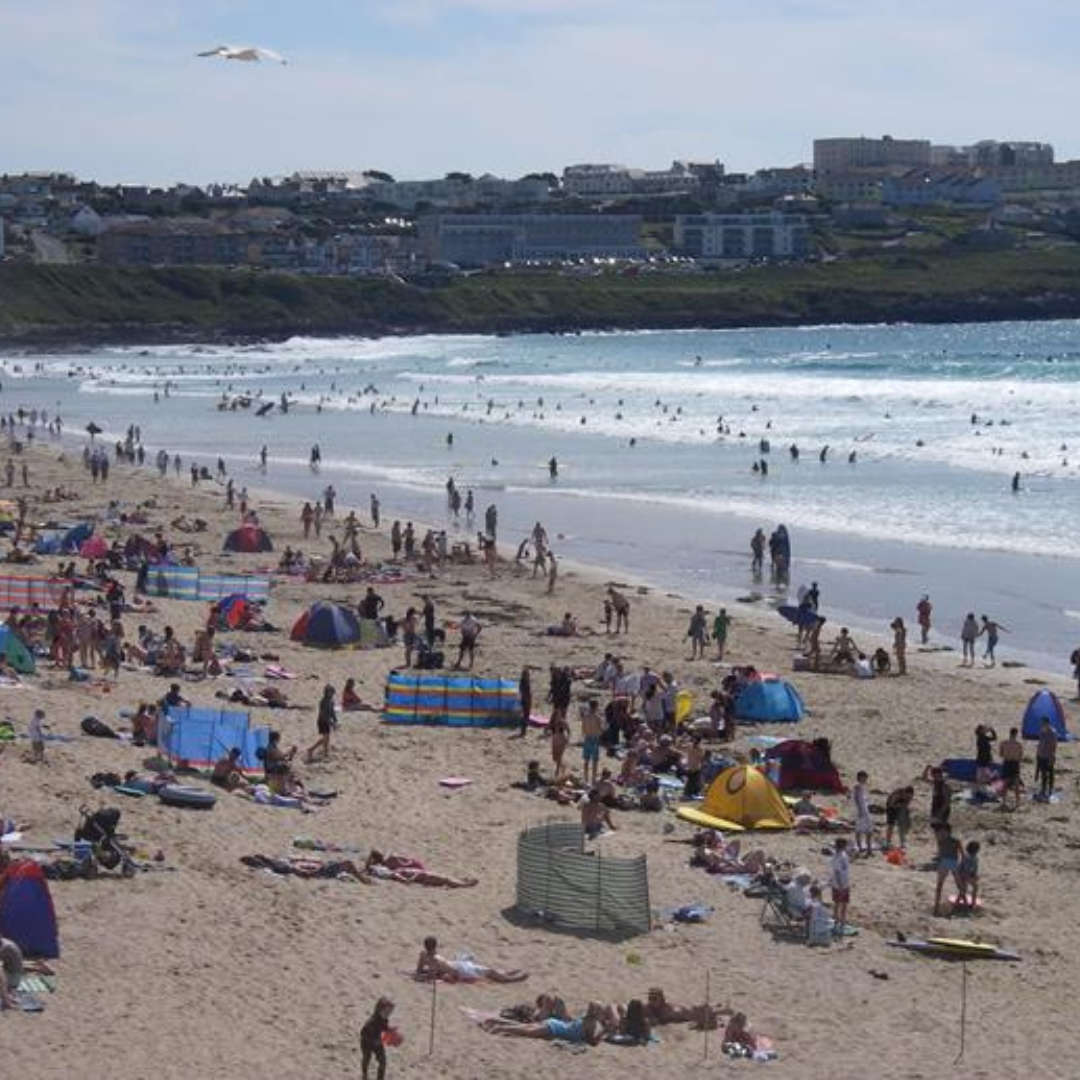
RNLI lifeguards came to the aid of several people at Fistral beach in Newquay on Saturday (14 June), responding to a series of incidents throughout the day.
Just five minutes into their shift, lifeguards spotted two learner surfers struggling at the northern end of the beach in a strong rip current in front of the rocks.
The RNLI says the Rescue Water Craft (RWC) was immediately launched, and the surfers were returned to shore, where no further casualty care was required.
A couple of hours later, at around 1pm, RNLI lifeguard Otis Perry was called into action when a swimmer was seen by his colleagues struggling in the water between the red and yellow flags. Using the RWC, Otis safely brought the casualty back to shore.
At 2.30pm, another learner surfer was seen in difficulty in the same strong rip current at the northern end of the beach, struggling to make their way back to shore.
Lifeguard Gabe Llewellyn launched the RWC and successfully returned the surfer to safety.
The busy afternoon continued when lifeguards were approached by a member of the public who had suffered a suspected fractured collarbone in the surf. The casualty was taken to the lifeguard facility, where they were given pain relief and fitted with a sling before being advised to attend hospital.
Lead Lifeguard Supervisor for Newquay, Lewis Timson, said:
“Saturday was a busy day for our lifeguards, but they did an excellent job of keeping the public safe.
“Rip currents can be difficult to spot, but are sometimes identified by a channel of churning, choppy water on the sea's surface, so don’t be afraid to ask lifeguards for advice. They will show you how you can identify and avoid rips.
“With warm weather expected for the rest of the week and into the weekend, we urge people to visit a lifeguarded beach and swim between the red and yellow flags, as this is the area most closely monitored by lifeguards.
“If you get into trouble in the water, Float to Live. Tilt your head back with ears submerged and try to relax and control your breathing. Use your hands to help you stay afloat, and then call for help or swim to safety if you can.”
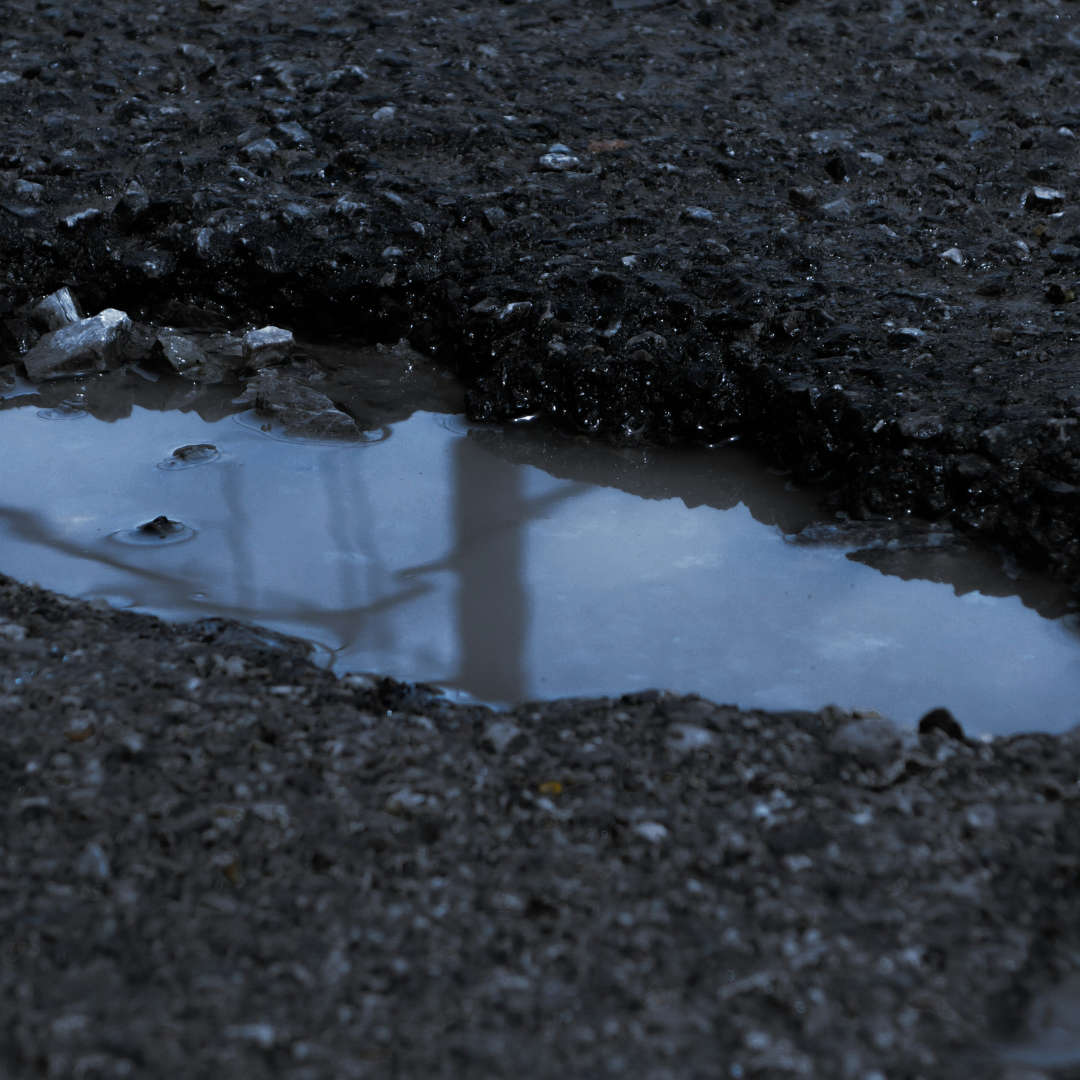 Cornwall Council repairing hundreds of potholes a day amid surge in reports
Cornwall Council repairing hundreds of potholes a day amid surge in reports
 Newquay councillors raise no objections to Hotel Victoria redevelopment plans
Newquay councillors raise no objections to Hotel Victoria redevelopment plans
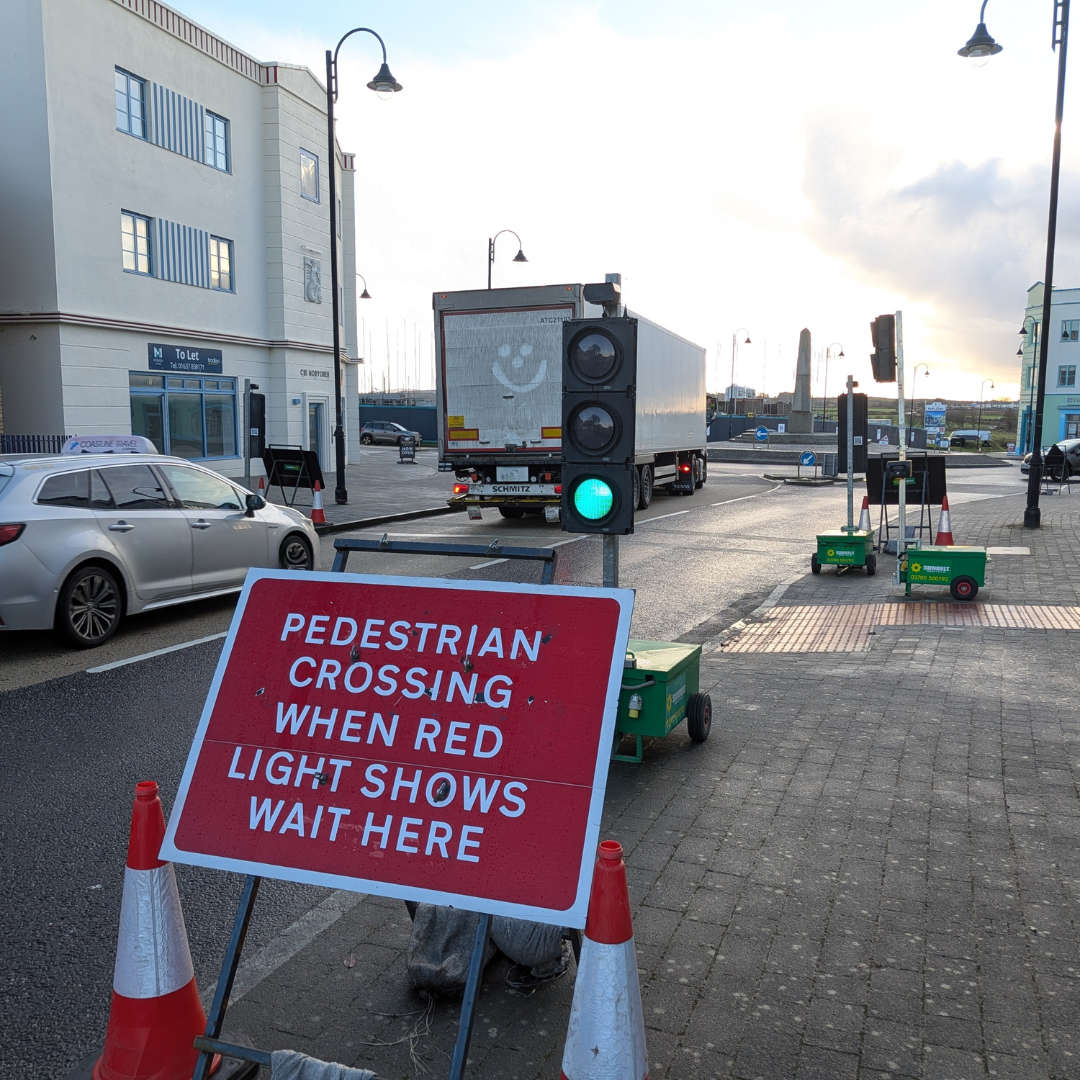 Residents views sought on plans for pedestrian crossings in Nansledan
Residents views sought on plans for pedestrian crossings in Nansledan
 New murals and town improvements planned after funding award
New murals and town improvements planned after funding award
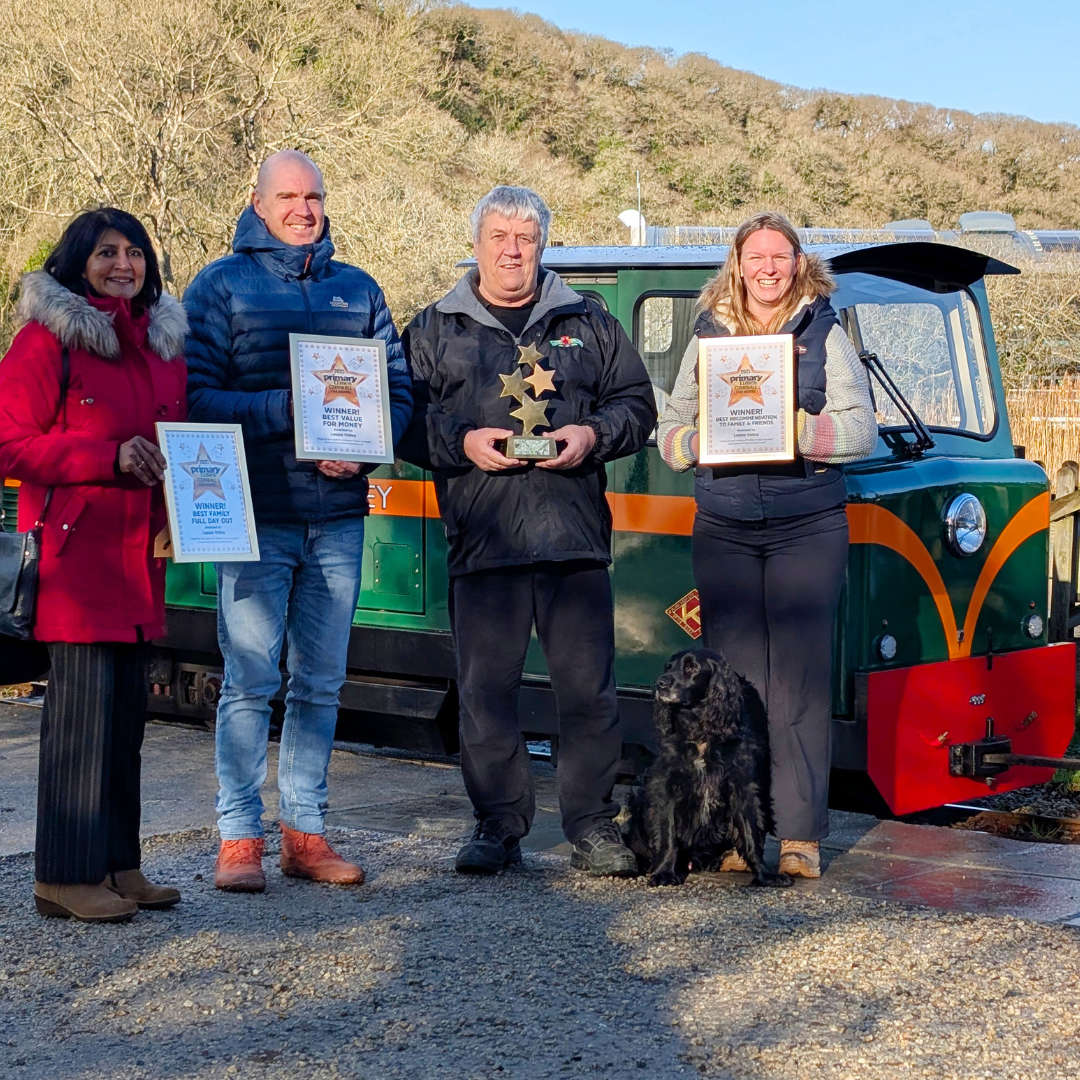 Lappa Valley scoops four top honours at Cornwall family awards
Lappa Valley scoops four top honours at Cornwall family awards
 Newquay business leader warns Chancellor of “unsustainable pressure” on high streets
Newquay business leader warns Chancellor of “unsustainable pressure” on high streets
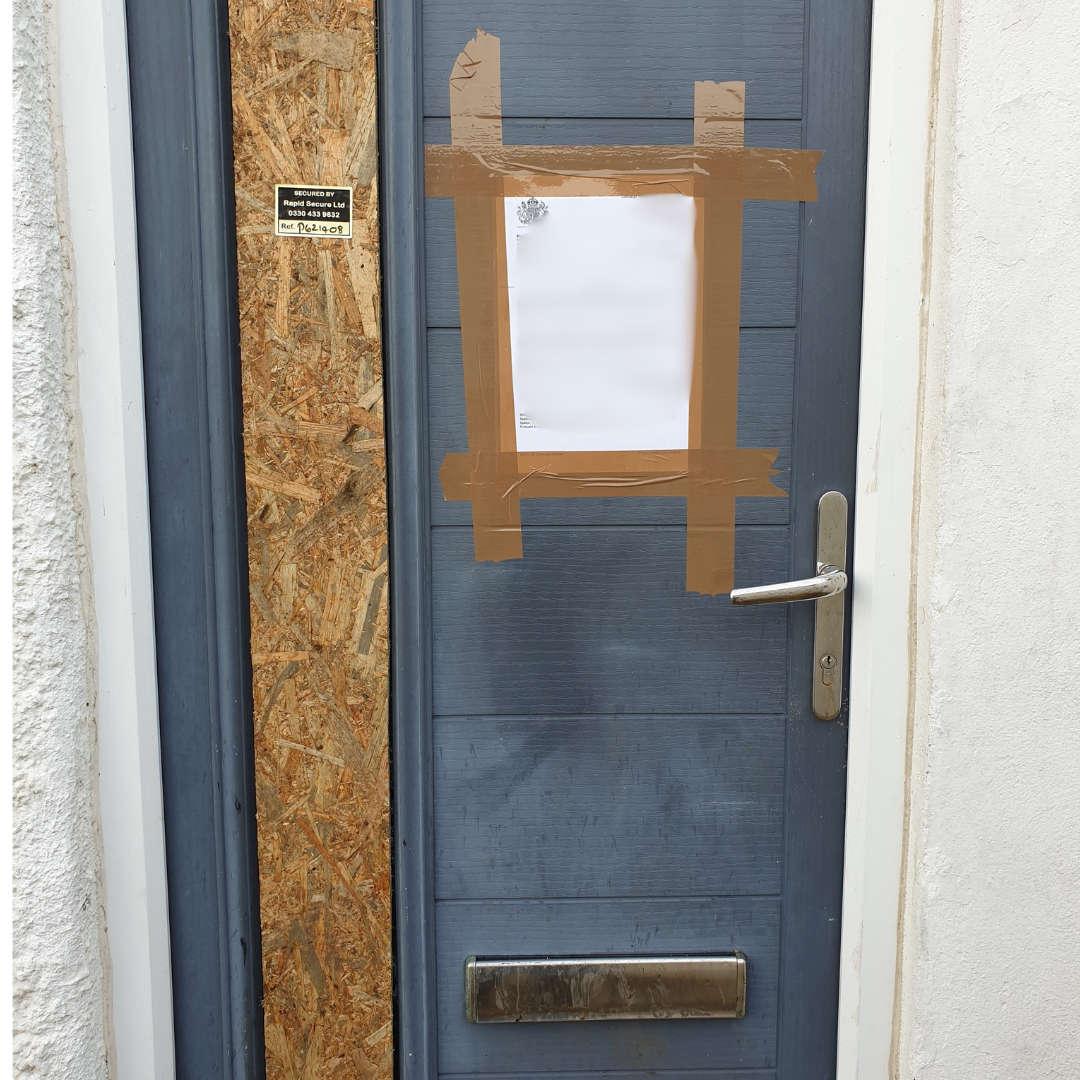 Tenant removed as Newquay property hit with second court order
Tenant removed as Newquay property hit with second court order
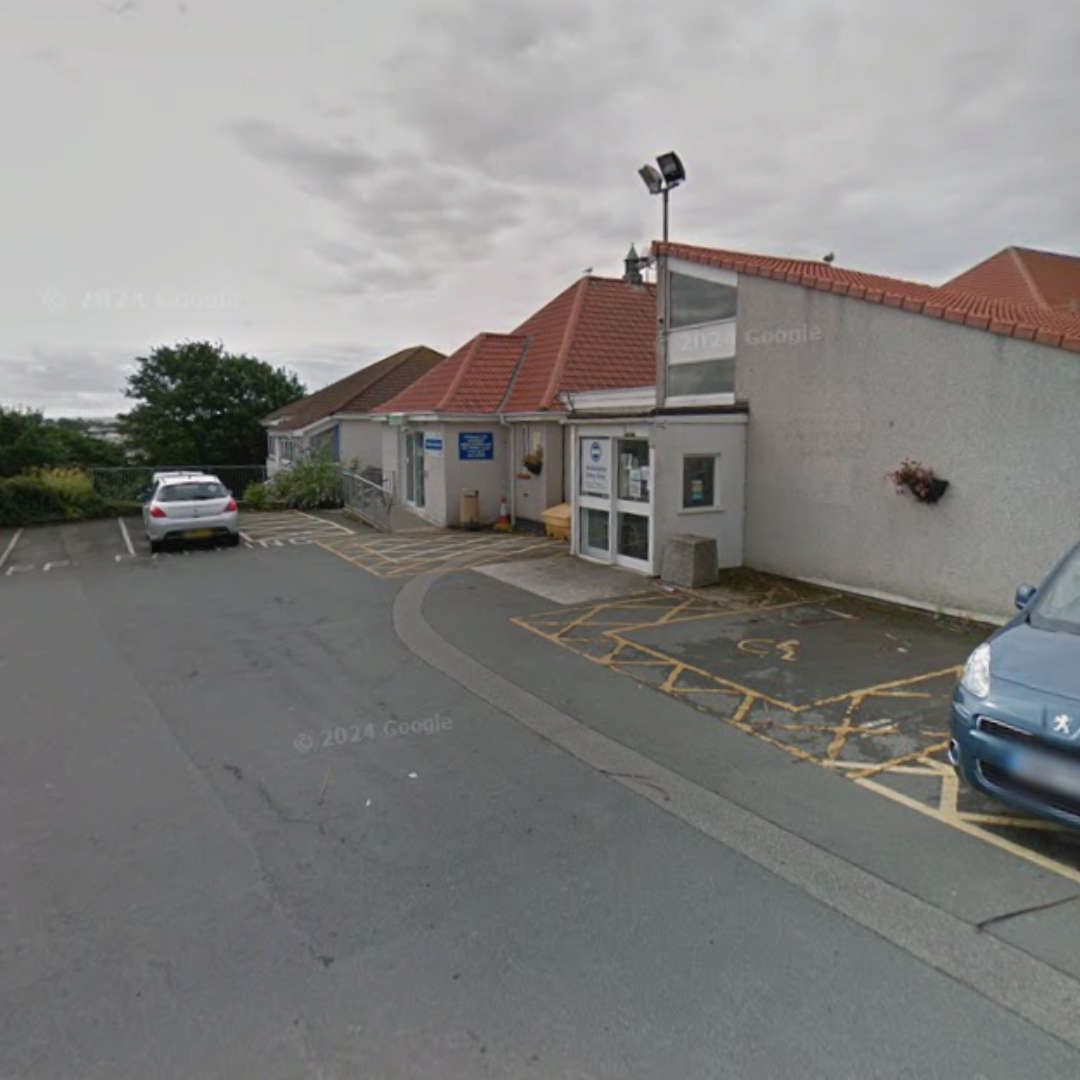 Newquay Minor Injuries Unit to return to longer opening hours
Newquay Minor Injuries Unit to return to longer opening hours
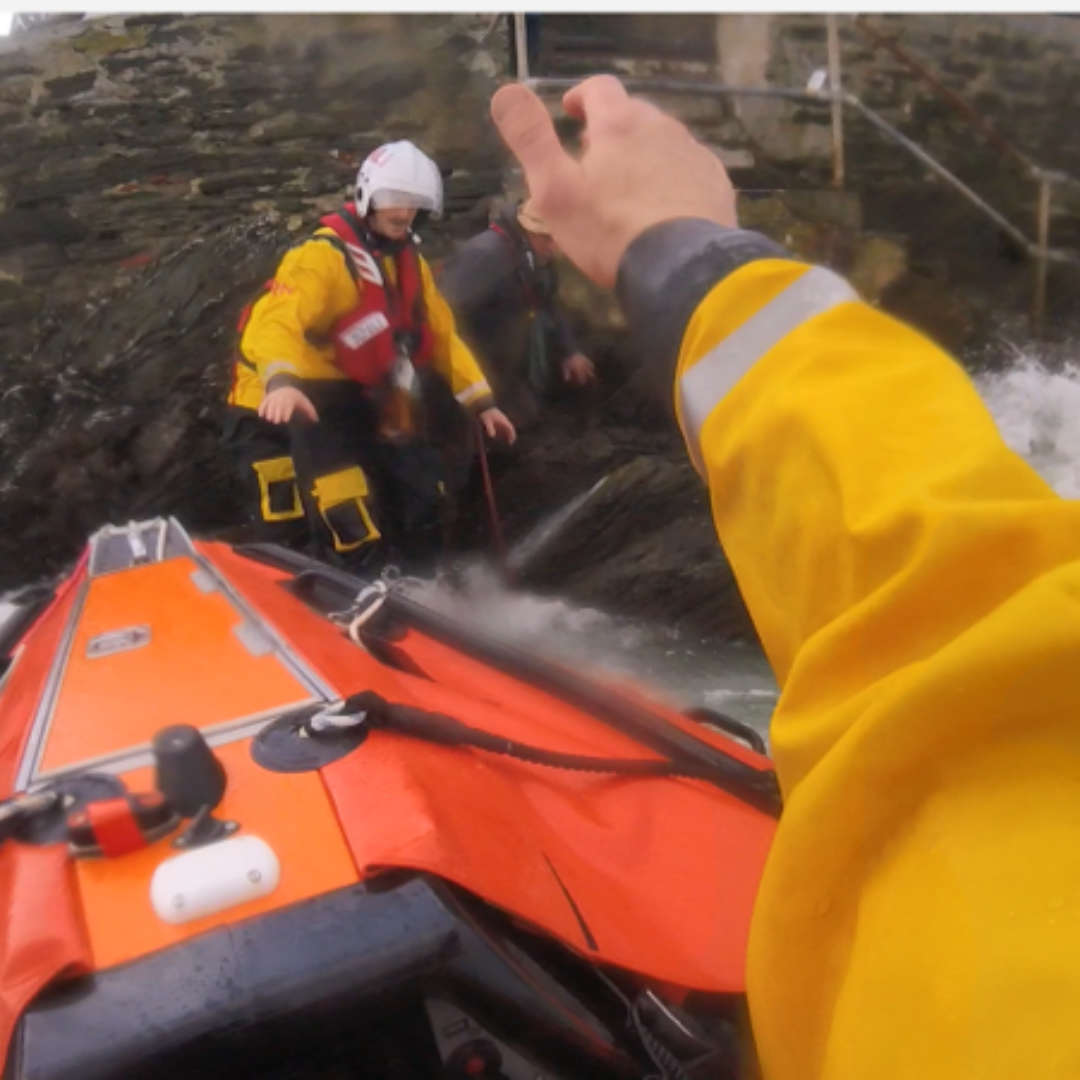 RNLI releases images of Newquay landslide rescue in challenging sea conditions
RNLI releases images of Newquay landslide rescue in challenging sea conditions
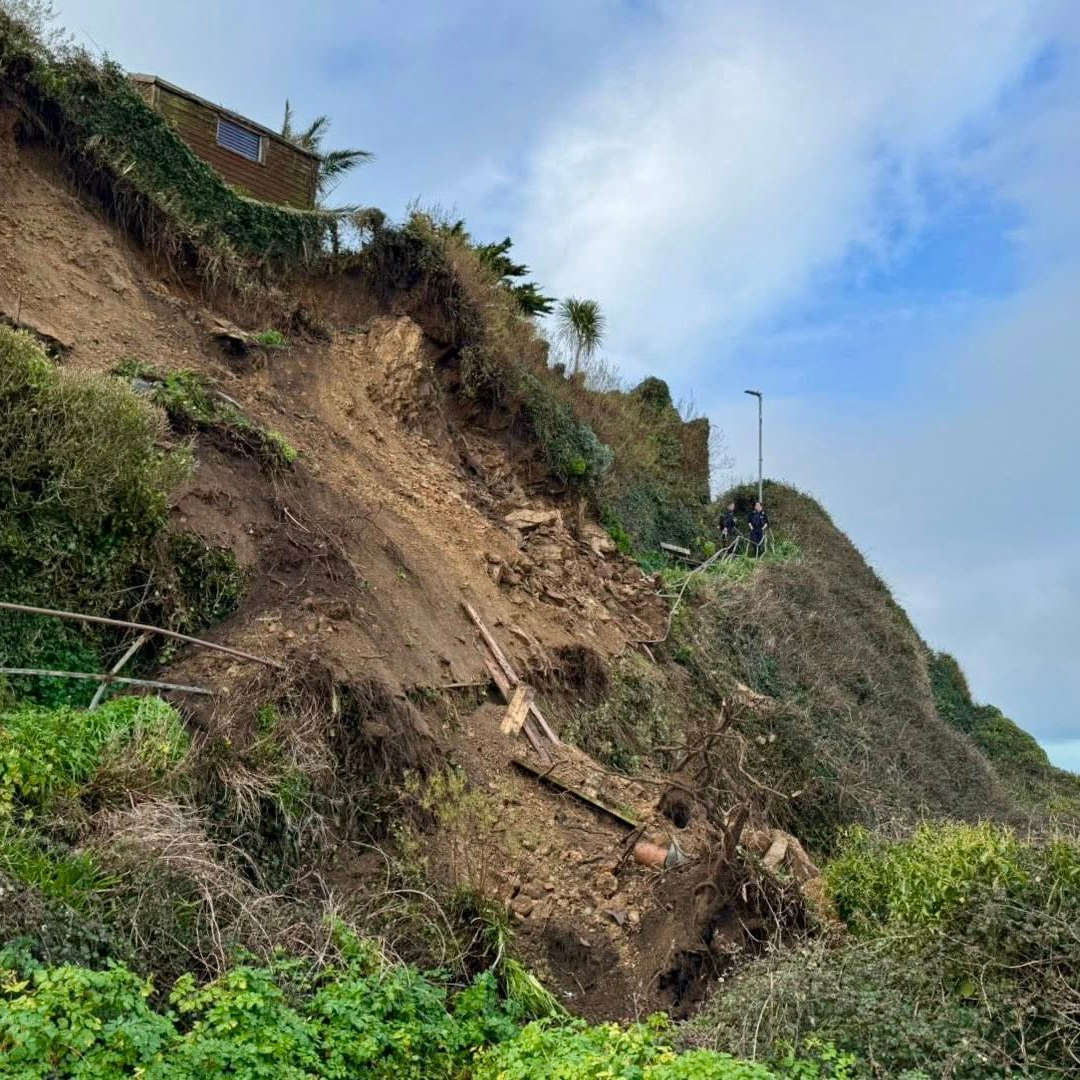 Five people rescued after cliff fall
Five people rescued after cliff fall
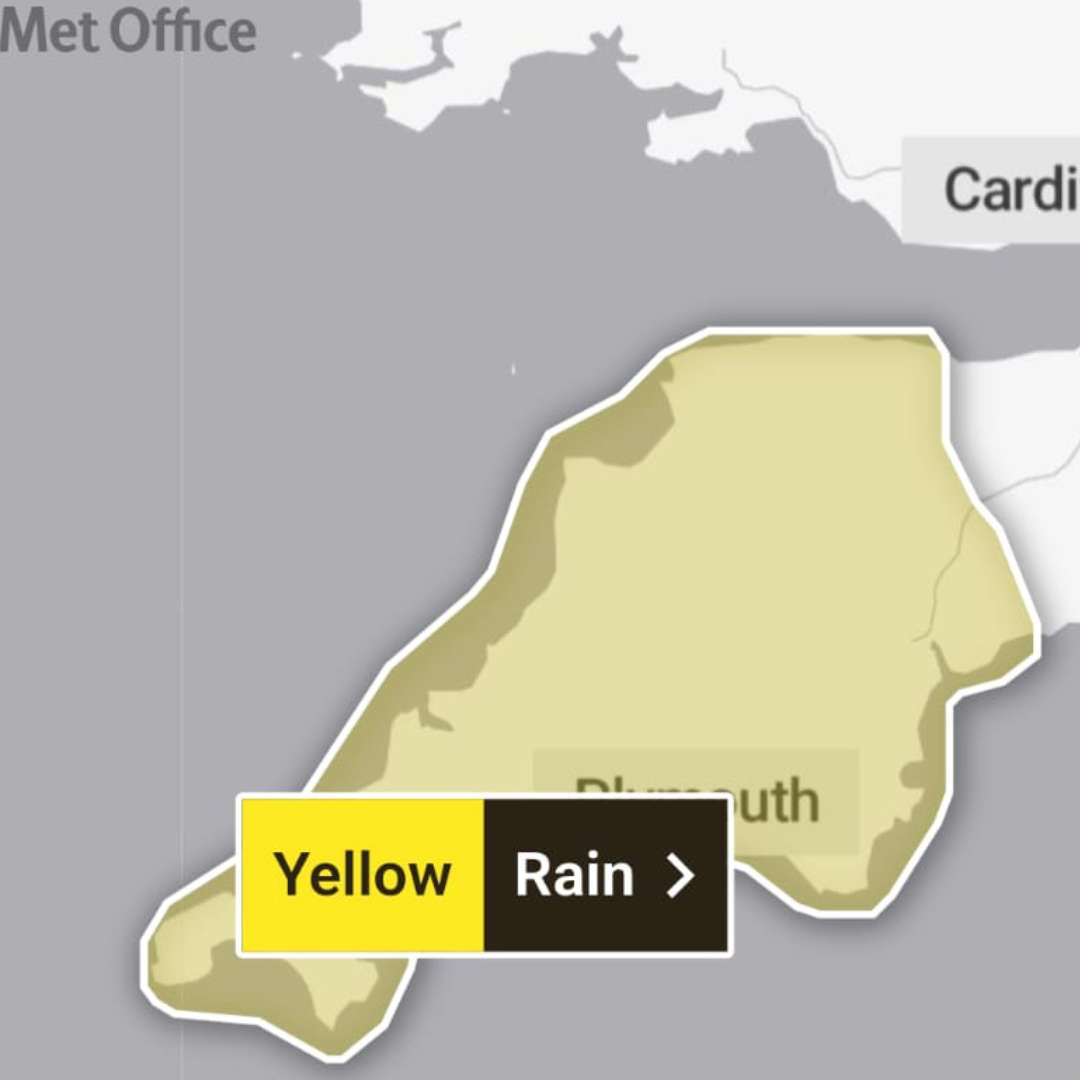 New yellow warning for heavy rain as Newquay rail line to remain closed
New yellow warning for heavy rain as Newquay rail line to remain closed
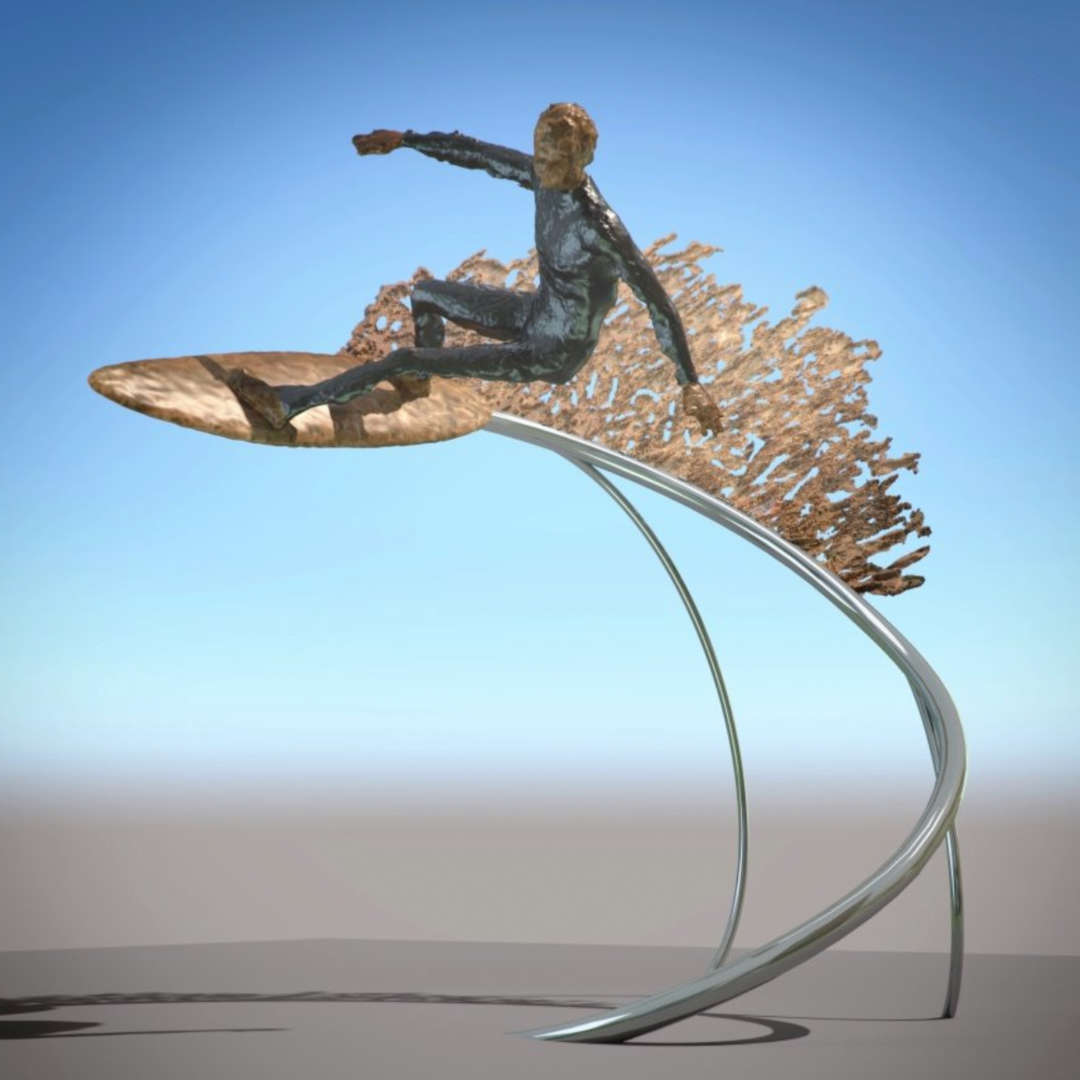 Work to install surf heritage statue begins
Work to install surf heritage statue begins
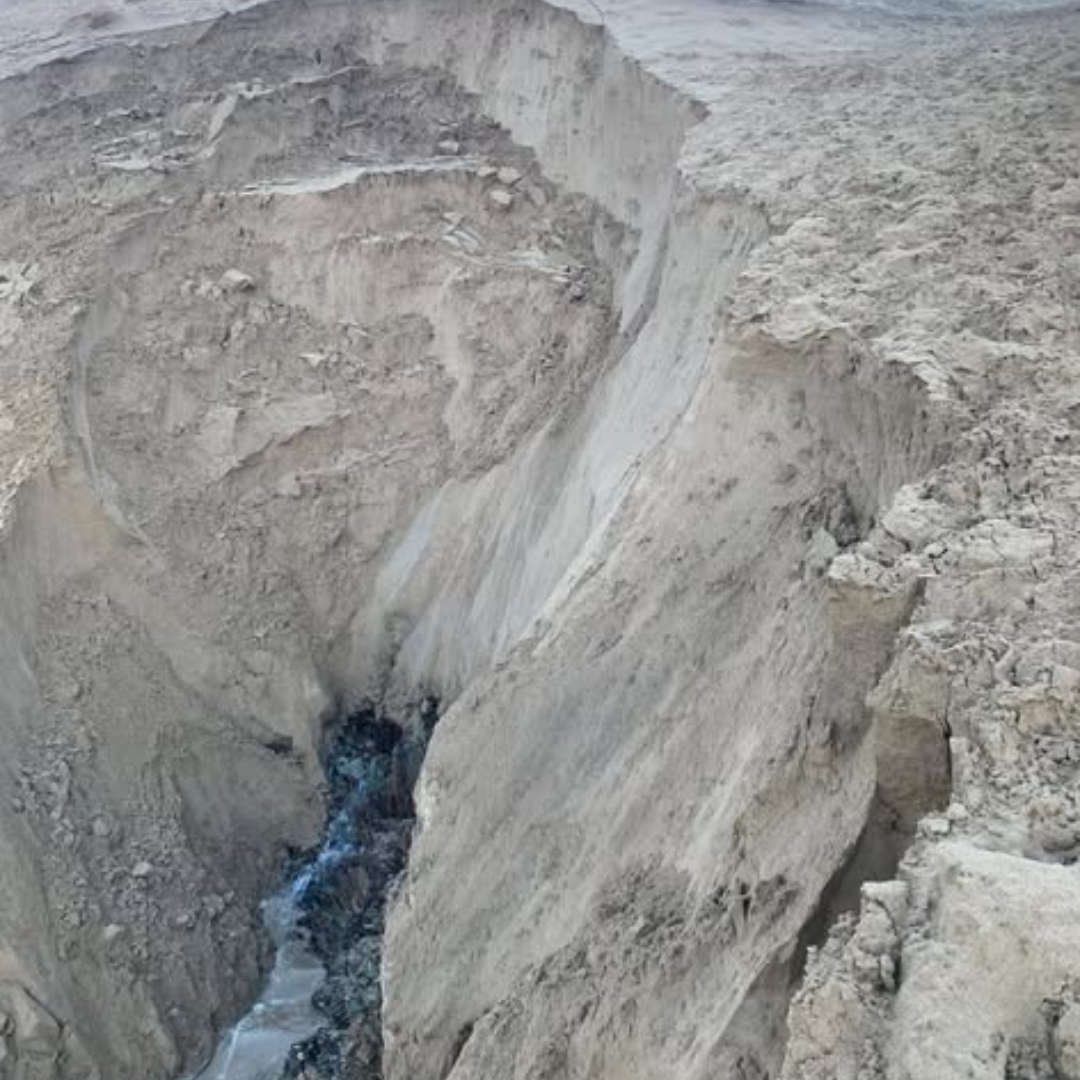 Beachgoers warned to avoid unstable sand dunes at Crantock
Beachgoers warned to avoid unstable sand dunes at Crantock
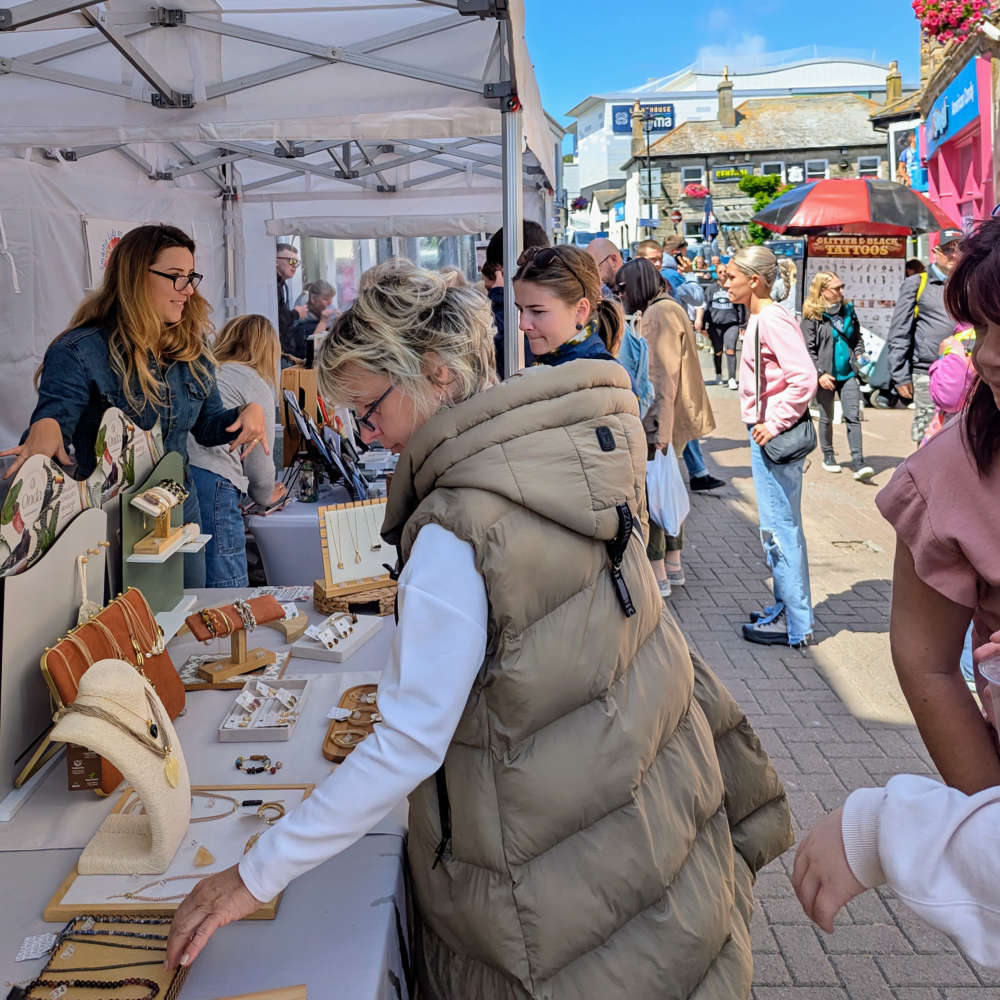 Newquay's bid to become the UK Town of Culture in 2028
Newquay's bid to become the UK Town of Culture in 2028
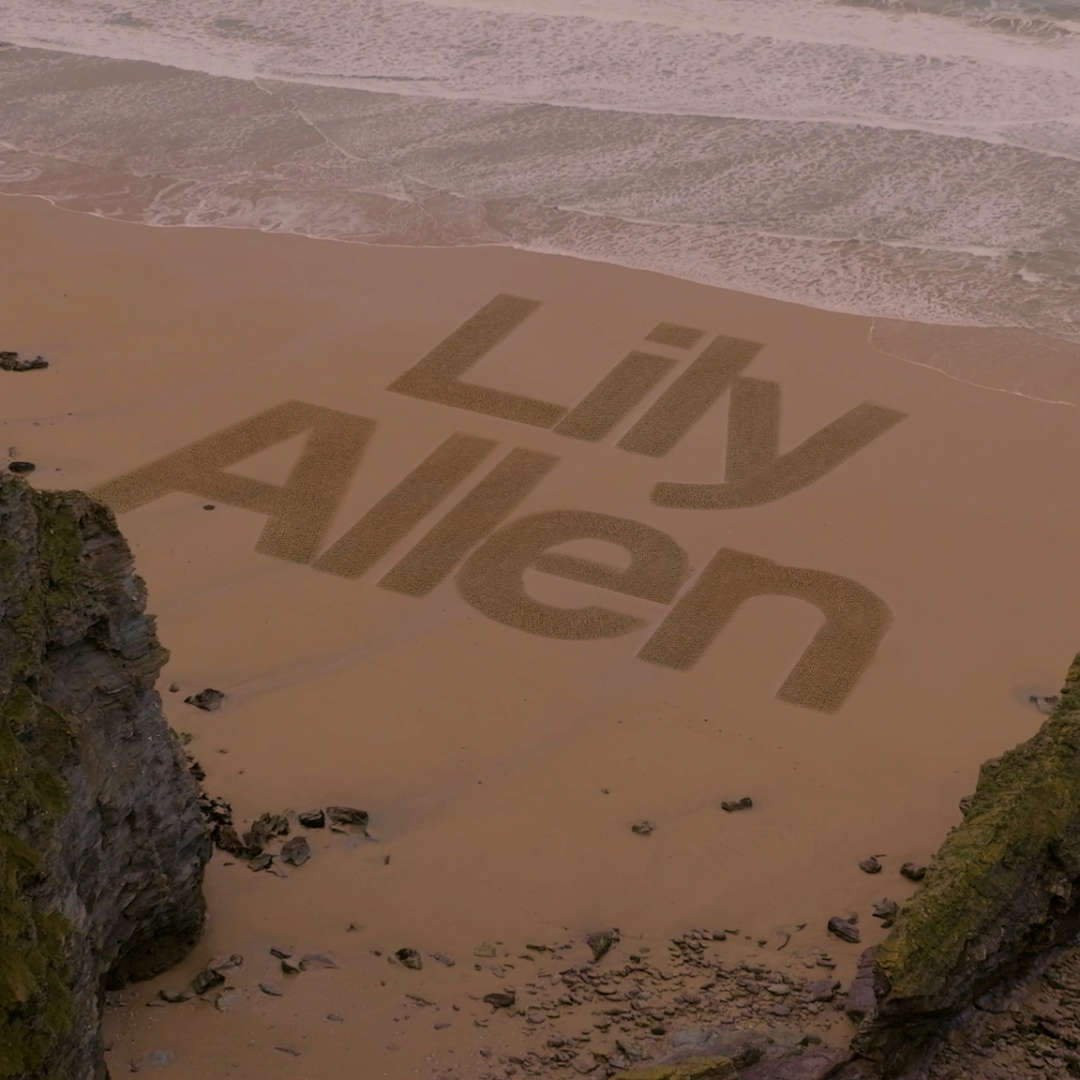 Sand art reveals final big name for Boardmasters
Sand art reveals final big name for Boardmasters
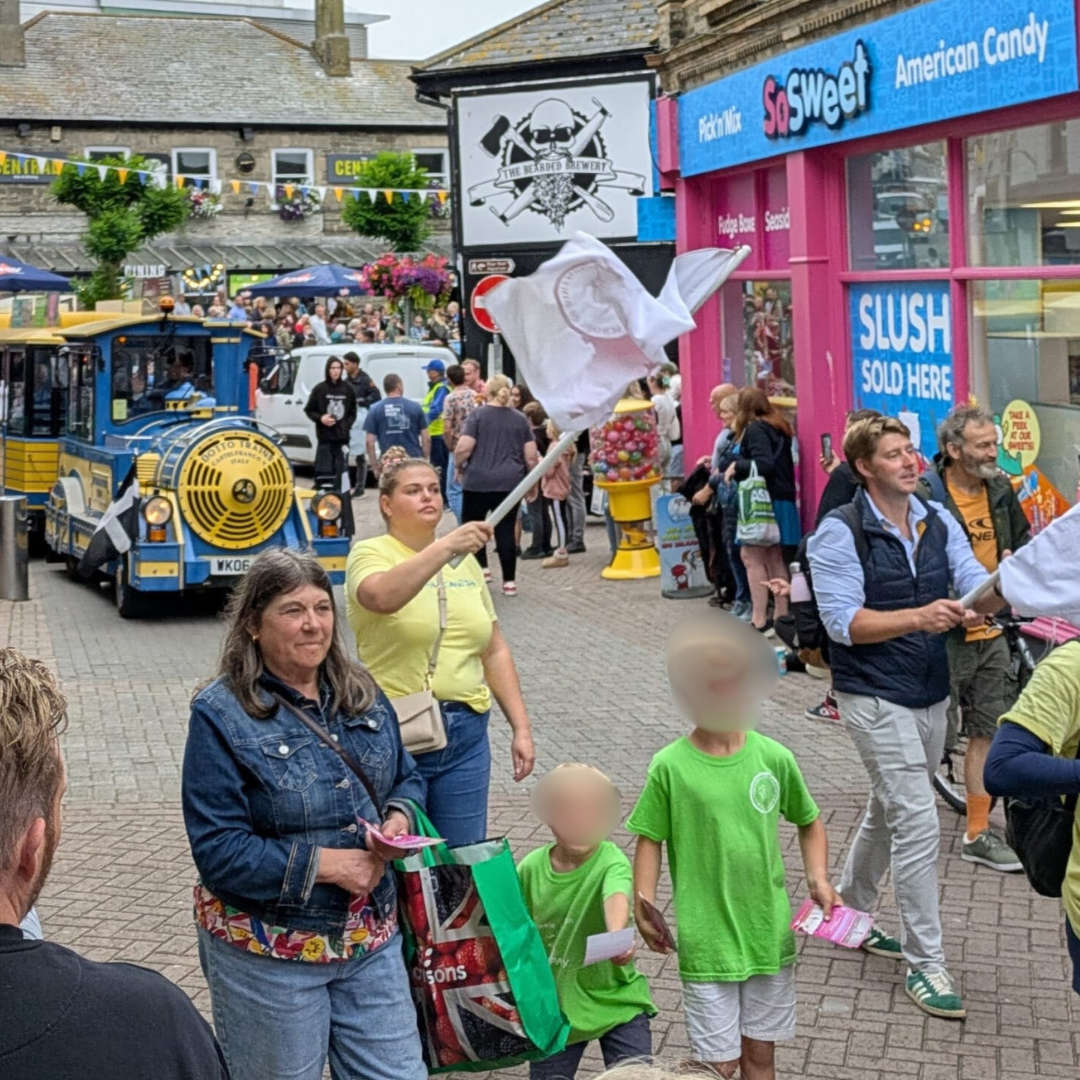 Newquay Carnival boosted by £500 community grant
Newquay Carnival boosted by £500 community grant
 Newquay MP calls on government to "future-proof" the rail network after storm disruption
Newquay MP calls on government to "future-proof" the rail network after storm disruption
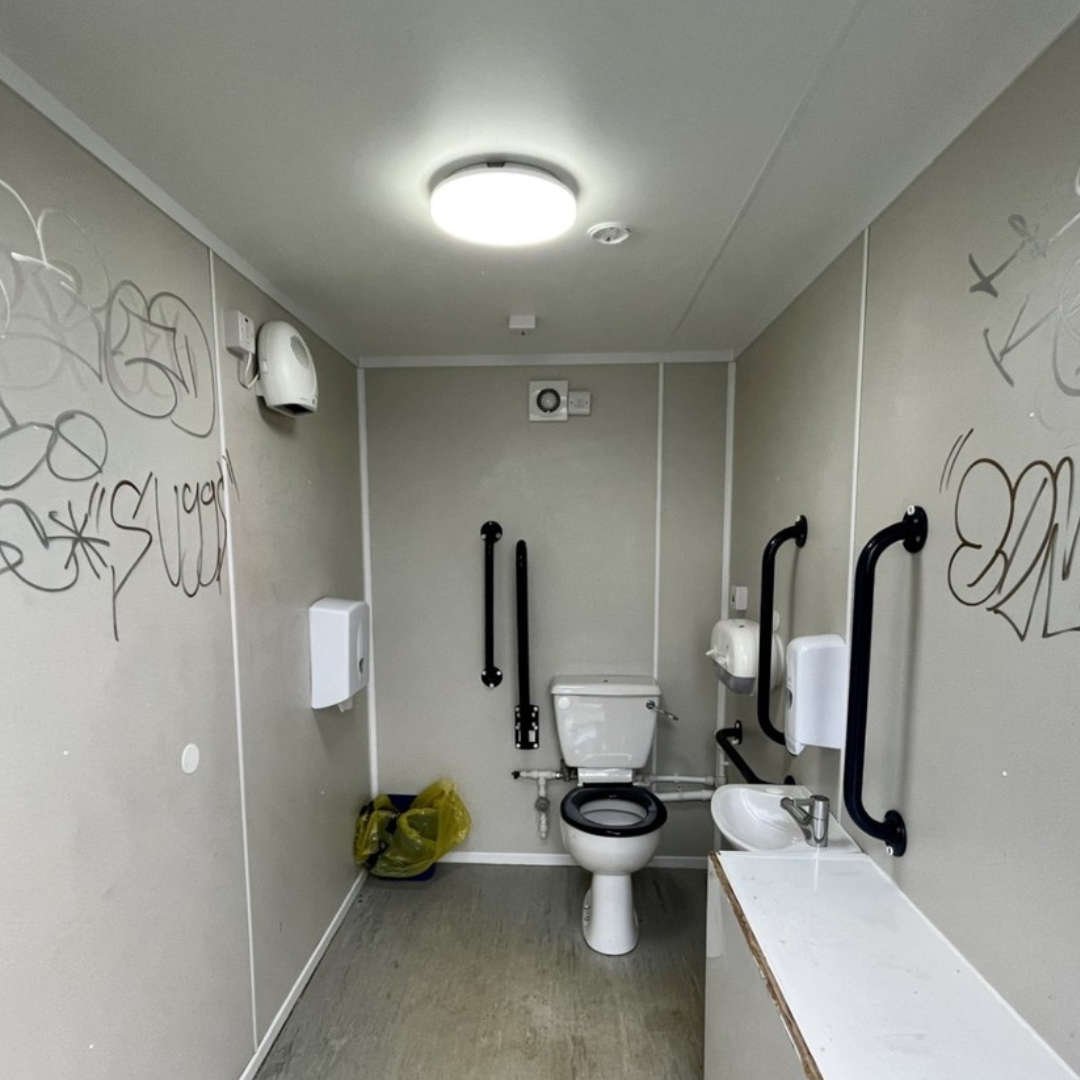 “Significant vandalism” forces closure of council toilets
“Significant vandalism” forces closure of council toilets
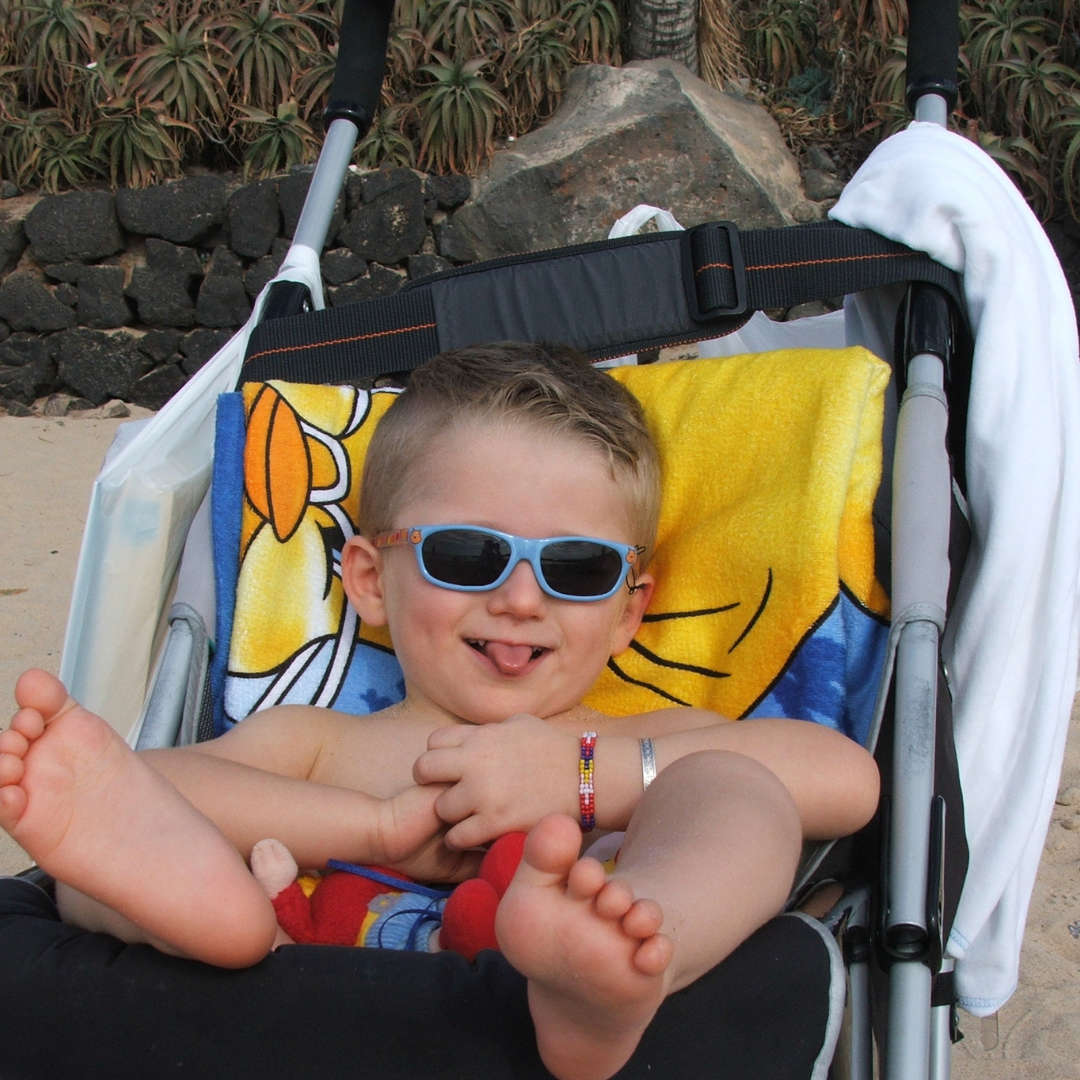 Joe Way Paddle for Life to return to Newquay this summer
Joe Way Paddle for Life to return to Newquay this summer
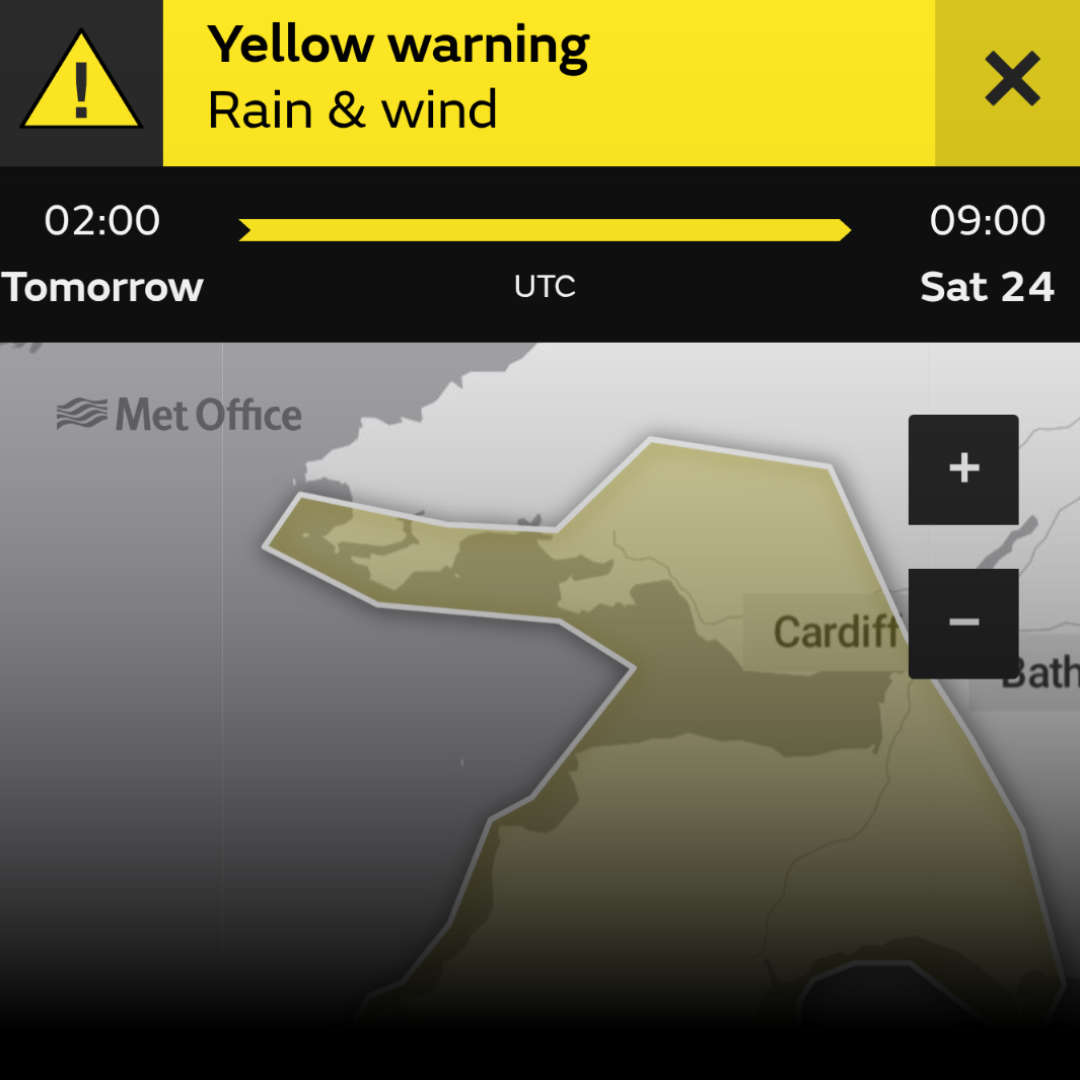 Yellow weather warning issued as Storm Ingrid approaches Cornwall
Yellow weather warning issued as Storm Ingrid approaches Cornwall





